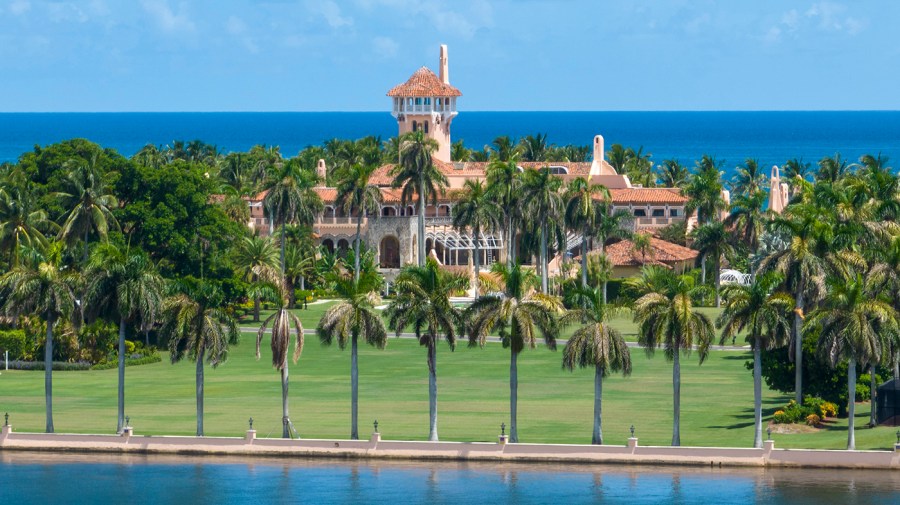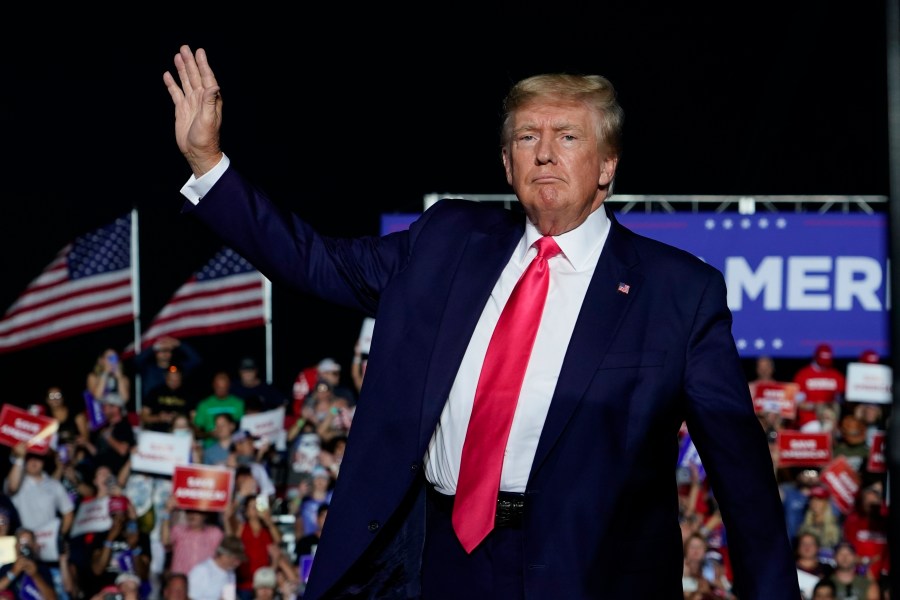DOJ, Trump nominate special master candidates
Testing on staging11
(NewsNation) — The Justice Department and former President Donald Trump’s legal teams filed their proposals for who could become the investigation’s special master. They do not agree on who should get the job.
The government recommended retired District Court Judge Barbara Jones or retired Circuit Judge of the U.S. Court of Appeals Thomas Griffith.
The Trump team suggested former District Court Judge Raymond Dearie or former Florida Deputy Attorney General Paul Huck Jr.
The disagreement is perhaps expected, as the two sides also cannot come to terms on the role the special master, whoever it is, should have.
Trump’s legal team wants the special master to be able to review all documents and items seized by the FBI, regardless of their classification status, in what Trump’s team calls a “full review.” The government, on the other hand, does not want the special master to be able to review any classified documents at all.
Executive privilege is also at the forefront of both sides’ filings, again, with Trump’s team and the government not close to agreement on how executive privilege should be handled in a review.
The Department of Justice believes none of the documents seized by the FBI are subject to executive privilege, as the documents belong to the public, not the former president as laid out in the Presidential Records Act of 1973. The government is asking the special master not to review any claims of executive privilege at all.

Trump’s team has a different interpretation of the Presidential Records Act. Their belief is that if any of the documents seized are indeed presidential records, then Trump has “absolute right of access” to them, while a review by others, even those in the executive branch, should be limited.
Trump’s team does believe documents taken by the FBI fall under the umbrella of executive privilege, meaning they contain information that is at the liberty of the president and only whoever they choose to disclose it to.
The government does leave some wiggle room for itself, however, if it is determined the special master can review materials for privilege. If privilege is reviewed, the government requested the special master communicate with the National Archives directly about any documents believed to be covered by privilege before classifying them as such.
Trump’s legal team does not want the special master to have to consult the National Archives when reviewing documents for privilege.
How all of the parties involved will communicate with each other is also a matter of dispute in the joint filing.
Trump’s team believes it should be able to categorize the documents itself and then send those categorized documents directly to the special master for review.
The government on the other hand, believing it will ultimately agree with most categorizations anyway, would like to review the categorizations before they are sent to the special master. In turn, the government would then send those categorizations to the special master as logs, it believes, minimizing the amount of work the special master will have to undertake.

Both sides do agree however the special master’s findings should be presented to both sides before they are presented to the court.
But yet again, that leads to another disagreement on communication.
Because Trump’s team wants to send categorized documents directly to the special master, they motioned for ex parte communication to be approved, meaning they would be able to speak with the special master and court without the other side present.
The government was not a fan of this proposal. The government would like to review the categorizations before they are sent to the special master, thus minimizing ex parte communication and increasing perceived “fairness” and “transparency.”
Special masters do not work for free, and thus, who pays the special master is also a point of contention.
The government believes because Trump requested a special master in the first place, he should be on the hook for paying them. Trump thinks the cost should be split between himself and the government.
A deadline for the special master to complete their work was also not agreed upon between the two parties. The government wants a deadline of Oct. 17 to be set. Trump’s legal team asked for 90 days, but would ultimately defer to the court and special master to set a deadline.